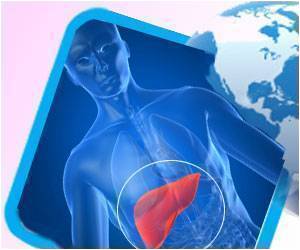Viral hepatitis more deadly than malaria, tuberculosis or HIV. Reducing hepatitis-related deaths by 65% by 2030 is a key component of the WHO global hepatitis strategy.

‘Viral hepatitis is responsible for more premature deaths worldwide than HIV, tuberculosis or malaria. Viral hepatitis has few noticeable symptoms; many people are either misdiagnosed or do not come forward for testing.’





These staggering death rates occurred despite recent advances in hepatitis C medications that can cure most infections within three months and the availability of highly-effective vaccinations for hepatitis B."It's outrageous, but not surprising, that the Global Burden of Disease Report found that deaths related to viral hepatitis have surpassed HIV, TB and malaria" said Charles Gore, President of the World Hepatitis Alliance. "This is largely due to a historic lack of political prioritisation coupled with an absent global funding mechanism".
The study shows that viral hepatitis remains amongst the top ten leading global killers which include heart disease, road accidents, Alzheimer's disease, amongst others. If we are to reverse this trend, immediate action must be taken at both a regional and national level.
One such action is the scaling up of testing and diagnosis. Globally, only 5% of people living with viral hepatitis are aware of their condition, greatly increasing the chance of infecting others and missing the opportunity to access life-saving treatment. Because viral hepatitis has few noticeable symptoms, many people are either misdiagnosed or do not come forward for testing.
"World leaders and national decision-makers must heed these findings and note that with targeted funding, political prioritisation and specific interventions, hepatitis deaths can be avoided." said Raquel Peck, CEO of World Hepatitis Alliance.
Advertisement
Hundreds of policymakers, patients, civil society and public health experts will gather at the World Hepatitis Summit, in São Paulo, Brazil to discuss how advance the elimination of viral hepatitis.
Advertisement
The event will also encourage innovation in research and have a dedicated focus on sustainable financing for elimination, all of which are needed to eliminate viral hepatitis by 2030.
Source-Eurekalert














